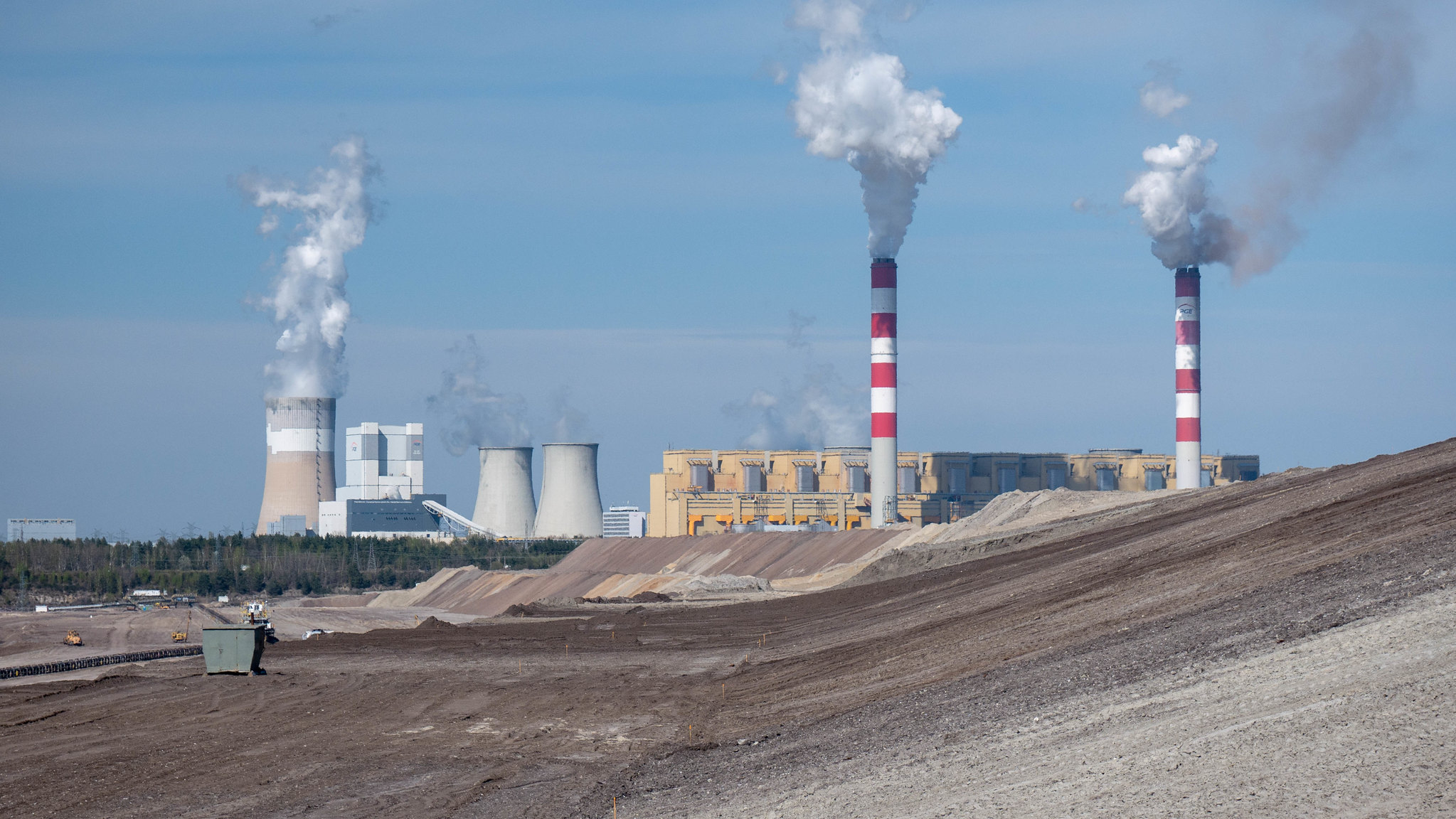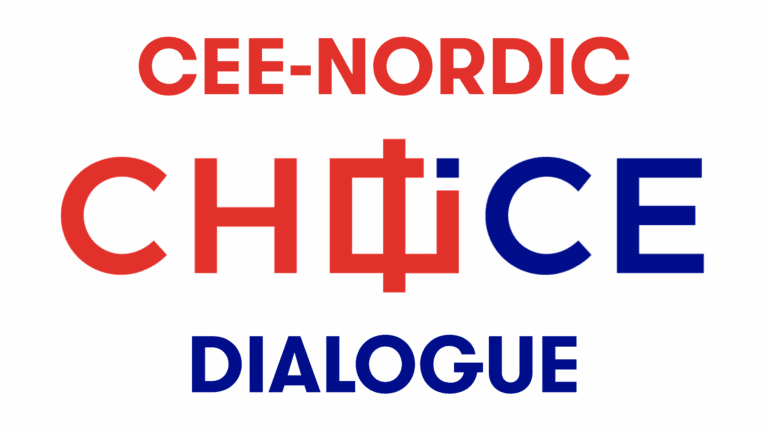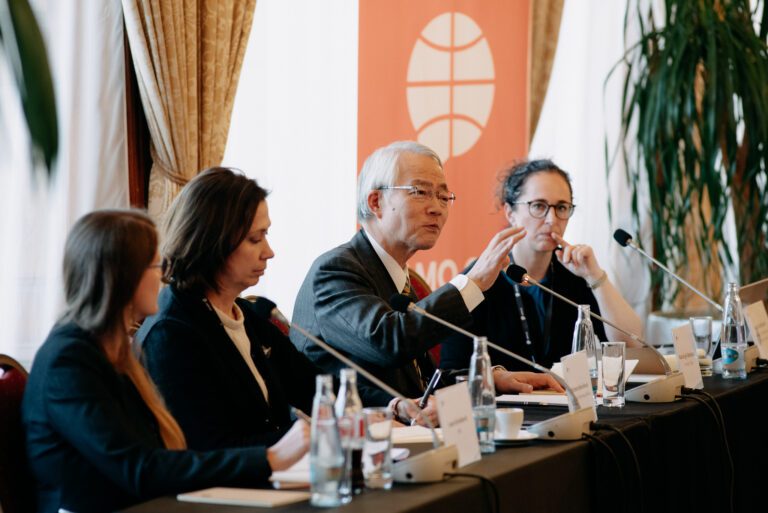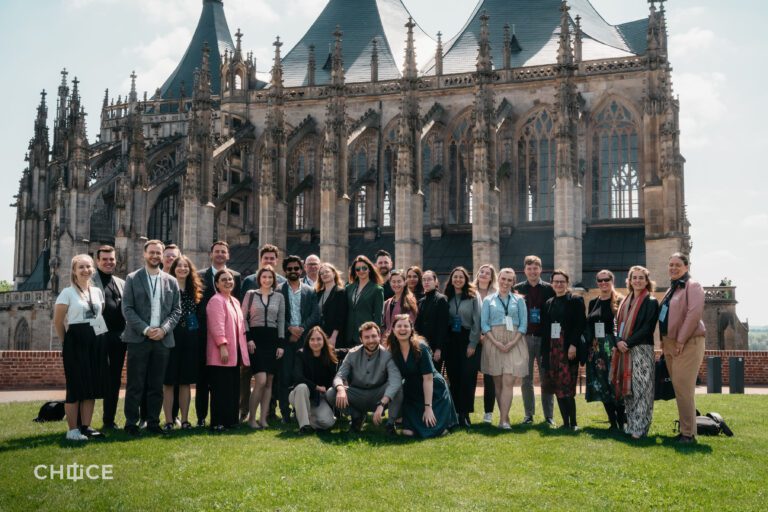Expert Roundtable: The Impacts of China-Funded Projects in the Western Balkans

The EU future for the countries in Western Balkans has recently been challenged. This ambiguity has offered an opening to non-European actors eager to exert influence and exploit openings in the region, including China.
China Observers in Central and Eastern Europe (CHOICE) and the Heinrich-Böll-Stiftung European Union in Brussels joined forces, assembling a cast of experts and stakeholders from both EU and EU candidate countries in the Western Balkans to discuss the impact of Chinese activities in the latter region. The discussion took a specific focus on the short-term and long-term ramifications for environmental standards and good governance practices.
The discussion was motivated by the recent CHOICE paper on the topic by Mirela Petkova, which put the spotlight on the situation on the ground and the crucial activities of local civil society.
Jumping Through Loopholes
Participants noted the recent doubts about the EU’s eagerness to be active and involved in the region. This in turn has been the very factor that allows for China to step in and, in many cases, exacerbate issues found in terms of environmental damage, authoritarian impulses of leaders, and corruption.
As such, stakeholders urged the EU to take urgent action in terms of engaging and empowering civil society voices pushing against malign practices.
Participants from the Western Balkans specifically raised alarm over dire environmental concerns, such as air pollution, chemical contamination of local ecosystems, and dumping of waste into water sources, causing irreversible damage.
Several Chinese projects are known for skirting investment rules and low transparency of the legal processes, including the environmental assessment, adding to concerns about corruption. De facto special treatment is often given to Chinese projects. For example, in the case of Montenegro’s Bar-Boljare highway that has saddled the country with alarming debt, regulations were evaded, the risks were ignored, and the government did not even consider the alternatives to address the infrastructure issue.
That is not to mention the human rights abuse of workers on the construction sites that have cropped up in e.g. Serbia. For all participants, such revelations indicate a pressing need for increased transparency.
In the end, while China and its companies may push the countries to award special treatment to key projects, it is ultimately the responsibility of the respective governments to ensure that the law is respected.
Advocating for Alternatives
Experts advocated for putting forward credible alternatives to Chinese projects. The Global Gateway, the EU’s new infrastructure initiative, is seen as a crucial new step in this direction that could offer a positive alternative vision.
However, it will need to comply with high-quality standards and be in accordance with EU aims, especially as these countries look to become members of the union itself very shortly. This will be difficult and, no doubt will test the EU’s credibility and ability to deliver on its promises.
In terms of convening a dialogue between major stakeholders and experts both within the EU and the Western Balkans, the recent roundtable is a strong start. CHOICE will continue its efforts to bring the voices from often neglected regions to the forefront and contribute to discussions in Brussels and European capitals on these and other crucial issues.
Written by
CHOICE
CHOICE is a multinational consortium of experts providing informed analysis on the rising influence of the People’s Republic of China within the countries of Central and Eastern Europe (CEE).


